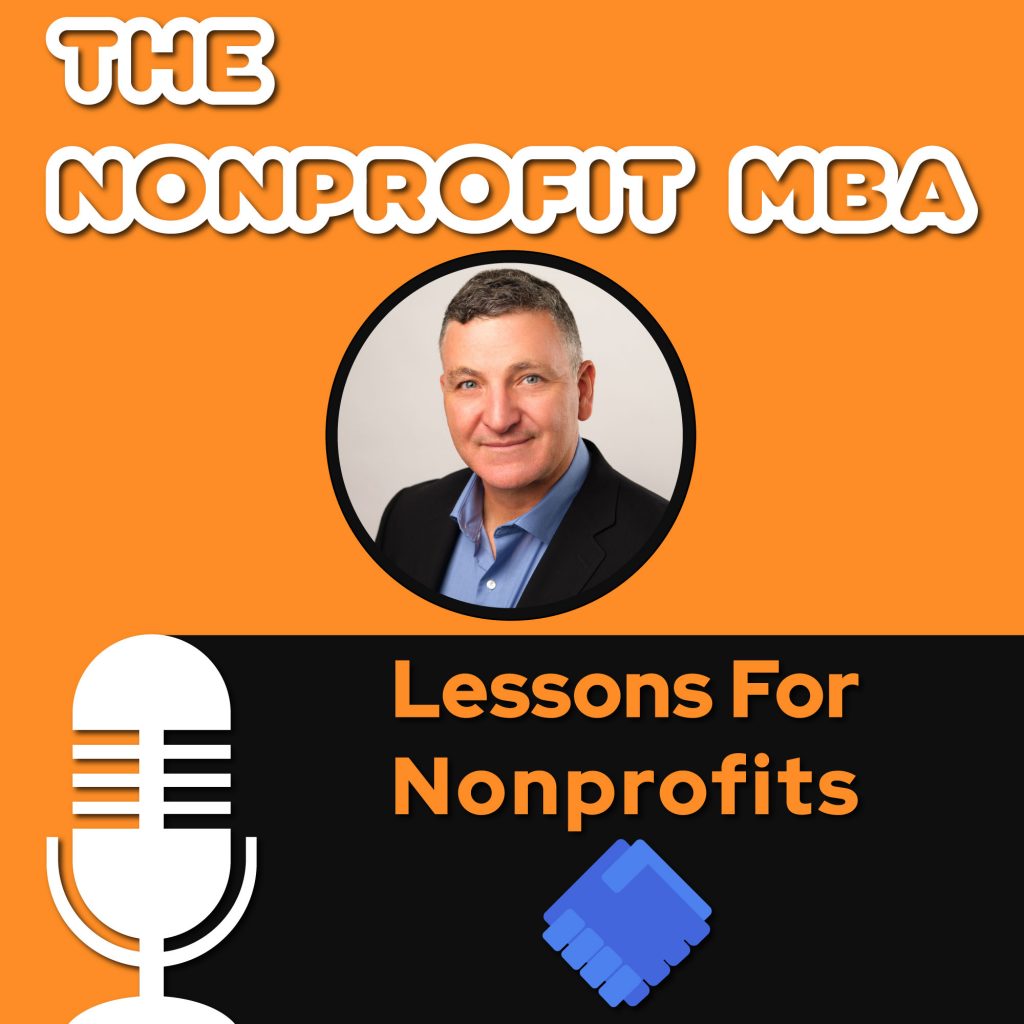Summary: In today’s podcast episode, Jim Shapiro from Better Fundraising and Stephen Halasnik from Financing Solutions discuss how your nonprofit can increase fundraising by creating a culture of donor appreciation and gratitude. These tips will help strengthen your fundraising relationships while cultivating new donations.
Fundraising Relationships Are Key Larger Donations
If you are part of a nonprofit, you likely are familiar with fundraising relationships and know how important it is to create strong bonds with your donors. When we emphasize relationships with donors, we strengthen our bond with them and increase our chances of recurring donations from donors. Creating a culture of gratitude helps to fundraise for nonprofits and quickly shift into creating a system that likely supports their own mission. Doing so also allows all donors (big or small) to feel appreciated for their gift-giving.
Fundraising Thank You’s Based on Levels
Whether you have donors that give five dollars or five hundred thousand dollars a year, all gifts should never go unnoticed and should be followed up with accordingly. How often should you contact your donors? It can become tricky, as you don’t want to contact your large donors too often, but you also don’t want to contact them too little. Similarly, the same can be said for smaller donors, you don’t want to pressure smaller donors into giving more frequently than they are capable of doing.
Get Into a Donor Rhythm: “Ask, Thank, Report, and Repeat”
As discussed today on The Nonprofit MBA Podcast, being able to get into the proper rhythm or predefined “schedule” of thanking donors can help strengthen your fundraising relationships and keep proper tabs on recent communications. As Jim Shapiro mentioned in today’s episode, it is important to “ask, thank, report, and repeat” with all of your donors. If you are a nonprofit, your fundraising plan or model will most likely include asking, thanking, reporting back to them, and then repeating this process back with them.
Donor Feedback
Keeping your donors in the loop of where their money is going, how it specifically is making an impact, and why they should continue to give to your nonprofit is crucial. All these steps are built into creating a culture of gratitude and appreciation for their presence in your nonprofit.
Make Their Donation Personal
When we dive a little deeper into how we can show our gratitude toward our donors, we can show thanks in big or small ways. Some of the smallest ideas often end up making the largest impact. It should always be standard practice to periodically follow up via a phone call with your donor. Letting them hear a real person instead of an email will help make it feel personal and genuine. Another way could be to simply do them a favor in return, such as making them a baked good and bringing it to them directly to show your gratitude.
One of the most important and impactful ways is to be a messenger who brings them the good news about a real-time story about something that happened for your nonprofit. Perhaps if your donor’s gift helped feed or provide something tangible for a group of people, you want to show and tell that story to your donor. Then after your story, you can end with why their recurring donation would be able to continue to positively impact your targeted community.
Overall, showing gratitude in a deep, meaningful, and genuine way is going to cultivate a culture and rhythm of showing appreciation to all your nonprofit donors.
About the Guest Jim Shapiro from The Better Fundraising Company
Jim Shapiro is a fundraising coach. He has 25+ years of experience raising money, including serving as the VP of Development for a global nonprofit located in Seattle, Washington. He then co-founded The Better Fundraising Co. to help small-to-medium nonprofits raise more money. Jim is married, serves his community by coaching high school football, and has three children.
About The Host Stephen Halasnik, Financing Solutions
Stephen Halasnik is the host of the popular, The Nonprofit MBA Podcast. The Nonprofit MBA podcast’s purpose is to help nonprofit leaders. Mr. Halasnik is the Co-founder and Managing Partner of Financing Solutions. Financing Solutions is a leading provider of Lines of Credit to nonprofits and small businesses.
Mr. Halasnik is a graduate of Rutgers University and has an Executive Masters from the MIT Birthing of Giants Entrepreneurship program. Mr. Halasnik is a best-selling Amazon author and is considered a leading authority on building great, purpose-driven businesses. Mr. Halasnik lives in New Jersey with his best friend, his wife Gina. Mr. Halasnik’s number one purpose is raising his two boys, Michael and Maxwell, to be good men.
About Financing Solutions Nonprofit Line of Credit
Financing Solutions, an A+ and 5 stars rated BBB company since 2002, is a direct lender that provides lines of credit to nonprofits and small businesses.
Financing Solution’s nonprofit financing product is a great alternative to a traditional bank line of credit because it costs nothing to set up, nothing until used, and when used, is inexpensive. The credit line requires no collateral and no personal guarantees.
Nonprofits use their line of credit as an on-demand loan for their nonprofit organization to help with emergencies or opportunities when cash flow is temporarily down (i.e. Payroll funding)
Please feel free to fill out the no-obligation, 2-minute nonprofit line of credit application here. The time to set up a credit line is when you don’t need it so that it is ready to be used, just in case.
Note: Financing Solutions donates 10% of its profits to various nonprofit charities
